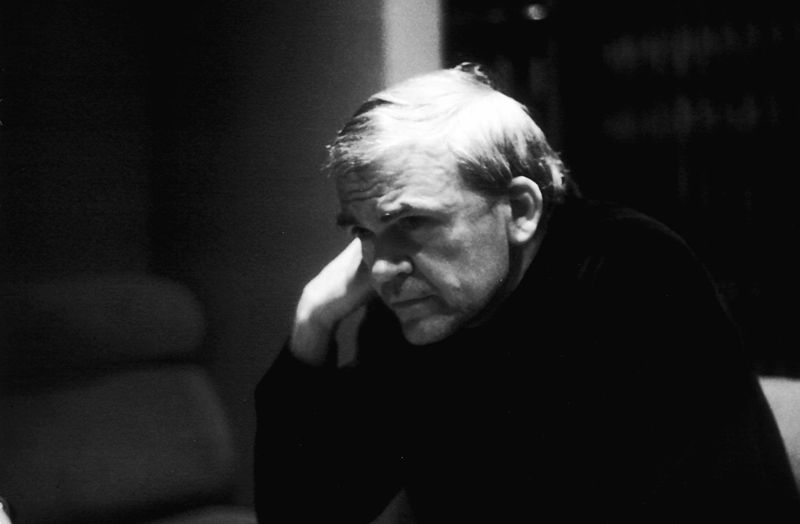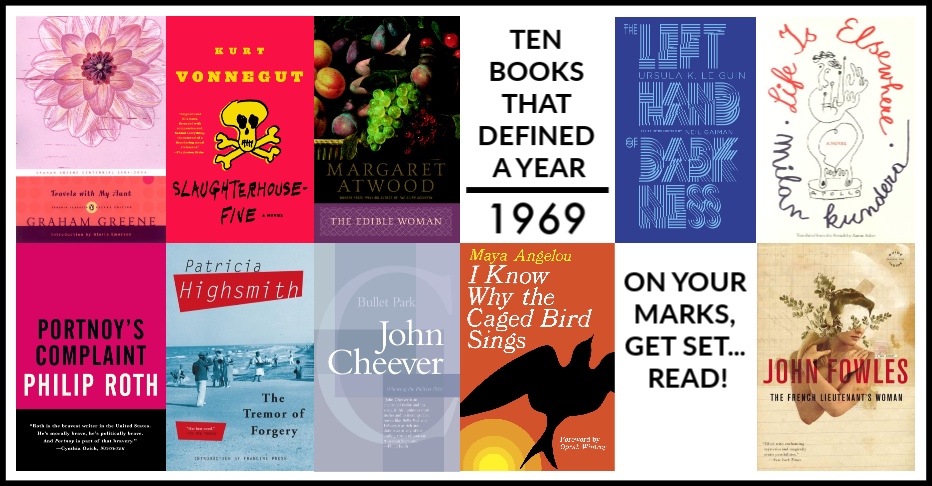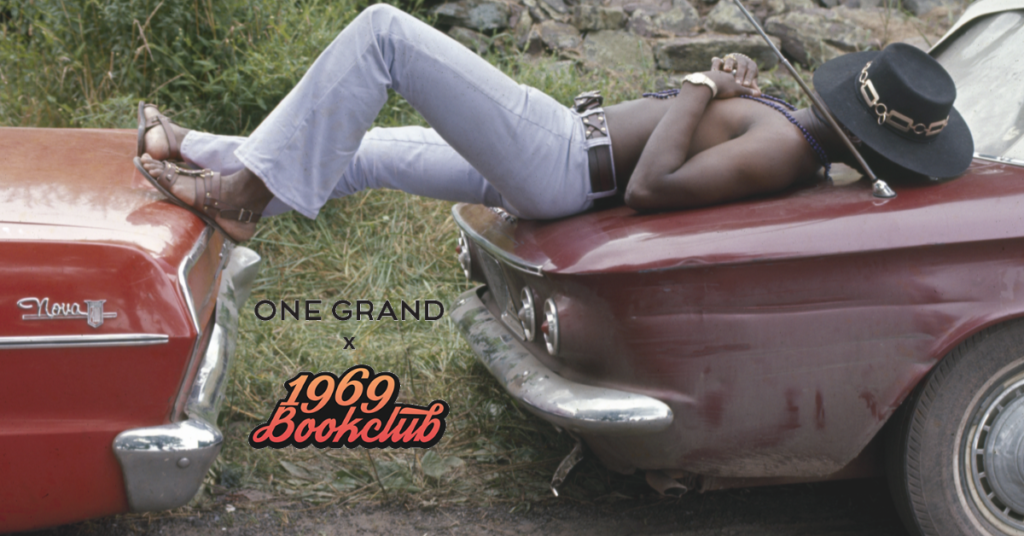(We do the work so you don’t have to).

The 1970 Book Club meets via Zoom on Sunday May 17 at 4.30pm to discuss Milan Kundera’s short story collection, Laughable Loves (you can purchase it here). We read his 1984 conversation with Christian Salmon for The Paris Review, and identified our five quotes that offer context to his work.
On overlong books: “When you have finished reading, you should still be able to remember the beginning.”
On Kafka: “Do you realize that people don’t know how to read Kafka simply because they want to decipher him? Instead of letting themselves be carried away by his unequaled imagination, they look for allegories and come up with nothing but clichés: life is absurd (or it is not absurd), God is beyond reach (or within reach), et cetera.”
On the number seven: “All of my novels are variants of an architecture based on the number seven. I am not indulging in some superstitious affectation about magic numbers, nor making a rational calculation. Rather, I am driven by a deep, unconscious, incomprehensible need, a formal archetype from which I cannot escape.”
On the challenges of plot: “Nothing has become as suspect, ridiculous, old-fashioned, trite, and tasteless in a novel as plot and its farcical exaggerations. From Flaubert on, novelists have tried to do away with the artifices of plot. And so the novel has become duller than the dullest of lives. Yet there is another way to get around the suspect and worn-out aspect of the plot, and that is to free it from the requirement of likelihood. You tell an unlikely story that chooses to be unlikely! That’s exactly how Kafka conceived Amerika.”
On the necessity of ambiguity: “Outside of the novel, one is in the realm of assertions: everyone’s philosopher, politician, concierge—is sure of what he says. The novel, however, is a territory where one does not make assertions; it is a territory of play and of hypotheses.”

Buy Milan Kundera’s Laughable Loves








